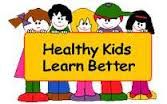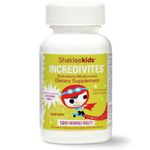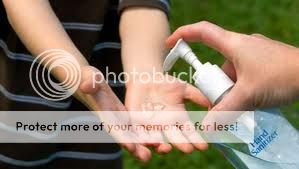Keeping Kids Healthy
Through Flu Season & All Winter Long ....

1. To give a good nutritional foundation to the brain and nervous system and to the whole child, a good should always begin with a quality multivitamin/mineral, like Shaklee's Incredivites

2. Then add:
Chewable Vita C - essential for a healthy immune system. Take extra at the onset of a cold or virus.
Optiflora (probiotic) - Essentail for any child who's ever been on an antibiotic..restores essential flora where 80% of the immune system resides.
Nutriferon - Yet another recent clinical study from Cornell Medical School proves its effectiveness against flu viruses. Immune support at the cellular level.
3. Keep handy:
Defend & Resist Complex - Echinacea plus herbs increase activity of white blood cells to gobble up viruses and bacteria.
Alfalfa Complex - natural decongestant; excellent for children reluctant to eat vegetables.
And follow these healthy habits:
- 10 hours of sleep for children; 9 for teens; 8 for adults
- Most important; Plan meals to incorporate 6-9 vegetables/day - like celery, broccoli, zucchini, green beans, carrots
- Avoid (or minimize) SUGAR & baked goods - we know this is tough, but is seriously damaging to the immune system & especially the brain. Sugar and white flour are called the anti-nutrients becasue they deplete B vitamins & other essential nutrients.
- Maintain indoor humidity between 30-50%
Wishing you and your family a happy & healthy fall and winter!

